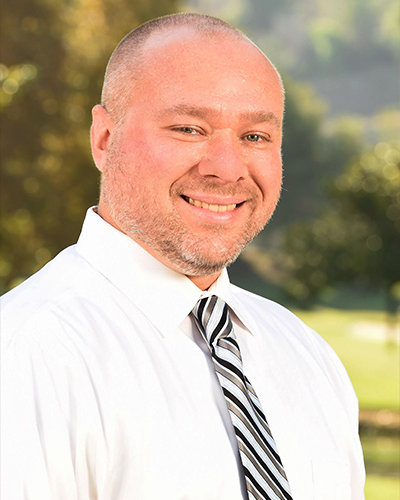
Jason Shepard, professor of communications at California State University, Fullerton is available to comment on this morning’s 8-1 U.S. Supreme Court ruling that a Pennsylvania school district violated the First Amendment in 2017 when it suspended a cheerleader who posted an off-campus, profane rant on Snapchat about not making the varsity team.
Continue the conversation with Dr. Shepard at jshepard@fullerton.edu . For more information or to schedule an interview, contact Cerise Valenzuela Metzger at cmetzger@fullerton.edu or 657-278-4856.
“I think the Supreme Court struck the right balance here,” said Shepard, department chair and professor of communications at Cal State Fullerton, who specializes in media law. “In this case, the school overreached in punishing a cheerleader who vented on social media about not making the varsity team.
“But the court left open the door for schools to punish students for off-campus speech in more serious cases that might involve targeted bullying or threats against students or teachers that have serious, negative effects on the school environment, for example,” Shepard explained.
What does the Supreme Court decision mean?
“The Supreme Court endorsed the principle that the First Amendment generally protects students in their off-campus speech, including that on social media, and that schools have a ‘diminished interest’ in regulating off-campus speech as compared to on-campus speech.
But the court’s decision left open the door for schools to discipline students for off-campus speech in serious cases, including bullying, harassment, threats, cheating and hacking.
Schools are going to have to figure out where the balance lies, and I expect a lot of lawsuits over difficult cases in the coming years.”
How does this decision change the First Amendment?
“Notably, Justice Breyer’s opinion emphasized that public schools are ‘the nurseries of democracy’ and schools have a duty to embrace the ‘marketplace of ideas.’ The court also said schools must protect the expression of unpopular ideas and that they have a duty to make sure future generations support the aphorism, ‘I disapprove of what you say, but I will defend to the death your right to say it.’ That’s music to this media law professor’s ears.”
Read more comments from Shepard on CSUF News.